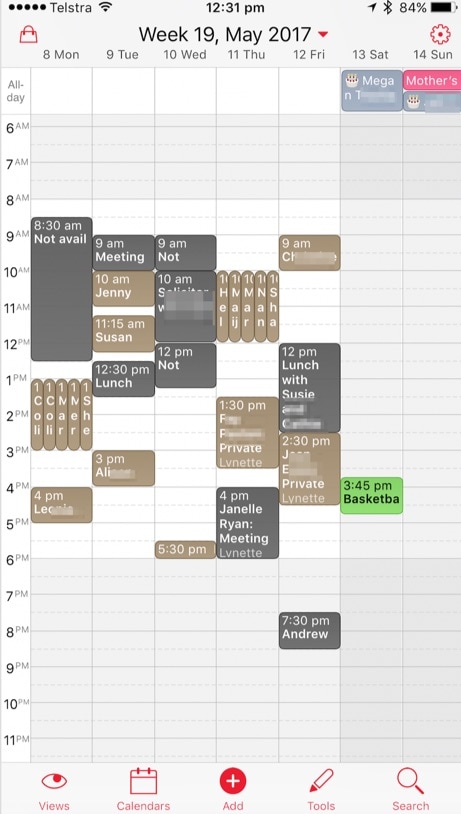

Mastering Efficiency: Unleashing the Power of iPhone Calendar Tips
In the fast-paced world of today, where time is of the essence, leveraging the capabilities of your iPhone calendar can significantly enhance your productivity. Explore these insightful iPhone Calendar tips to streamline your schedule and make the most of your time.
**1. Choose the Right View for You
iPhone calendars offer various views—day, week, month, and year. Experiment with each to determine which aligns best with your preferences and workflow. Whether you prefer a detailed daily view or a holistic monthly overview, selecting the right view can enhance your overall scheduling experience.
**2. Color Code Your Events
Organize your calendar visually by assigning different colors to various types of events. This simple yet effective tip allows you to distinguish between work-related commitments, personal appointments, and social events at a glance. Customize your color-coding system to suit your preferences and make your calendar visually intuitive.
**3. Utilize Calendar Alerts
Maximize the power of calendar alerts to ensure you never miss an important event. Set reminders for meetings, deadlines, and appointments to receive timely notifications. Adjust the alert settings based on your preferences, whether it’s a gentle reminder minutes before or a more urgent notification hours ahead.
**4. Sync with Other Apps
Integrate your iPhone calendar with other apps and platforms to centralize your scheduling efforts. Whether you use productivity apps, task managers, or collaboration tools, syncing your calendar ensures that all your commitments are in one place. This seamless integration can save time and prevent scheduling conflicts.
**5. Take Advantage of Siri Commands
Harness the convenience of Siri by using voice commands to add, edit, or check your calendar events. Siri understands natural language, making it easy to interact with your calendar hands-free. Whether you’re driving or occupied with other tasks, Siri can be a valuable assistant in managing your schedule.
**6. Set Recurring Events
For routine commitments like weekly meetings or monthly reminders, leverage the recurring events feature. This helps you avoid the hassle of manually adding repetitive entries and ensures that essential tasks are consistently accounted for in your schedule.
**7. Customize Default Alert Times
Adjust the default alert times in your calendar settings to align with your preferences. This can save you the effort of manually setting reminders for every event. Tailor default alert times based on the nature of your commitments, ensuring that you receive notifications that suit your workflow.
**8. Share Calendars with Others
Enhance collaboration by sharing specific calendars with colleagues, friends, or family members. This is especially useful for coordinating schedules, planning events, or keeping everyone informed about important dates. The shared calendar feature fosters better communication and ensures that everyone is on the same page.
**9. Use Travel Time Estimates
If you frequently move between locations, take advantage of the travel time estimates feature in your calendar. This ensures that you allocate sufficient time between events, considering the time it takes to reach each location. Accurate travel estimates contribute to a more realistic and manageable schedule.
**10. Regularly Review and Clean Up
Maintain the effectiveness of your calendar by regularly reviewing and cleaning up outdated or irrelevant events. Deleting or archiving old entries helps declutter your calendar, making it easier to focus on upcoming commitments. A clean and organized calendar is key to efficient time management.
As you incorporate these iPhone Calendar tips into your routine, you’ll discover a new level of efficiency and organization in managing your schedule. To delve even deeper into optimizing your iPhone calendar experience, check out iPhone Calendar Tips for additional insights and strategies. Stay in control of your time and make the most of your iPhone’s scheduling capabilities.







